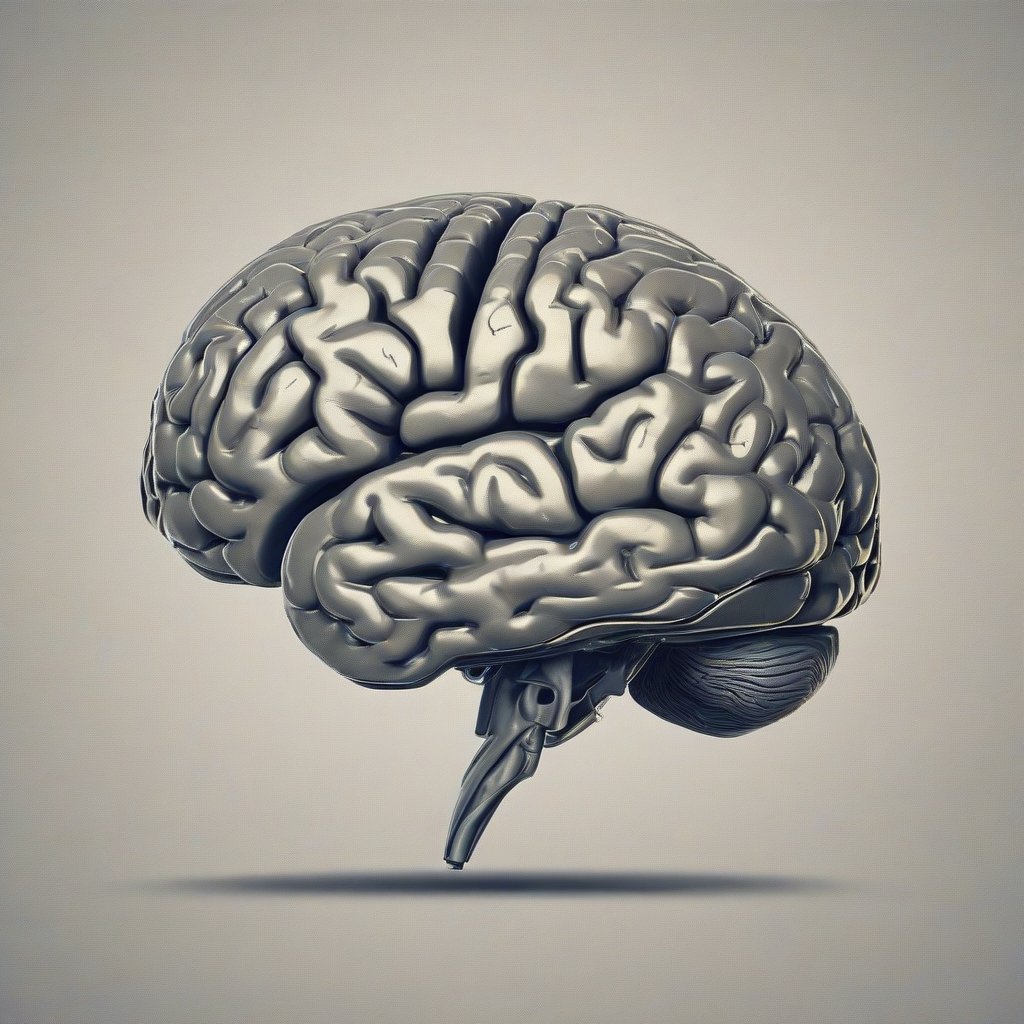Exploring the Intricate Connection Between Viral Infections and Neurodegenerative Diseases: A Comprehensive Analysis

Dr. Craig Smith, MD
4 Min read
In a groundbreaking study involving approximately 500,000 medical records, researchers delved into the intricate relationship between severe viral infections and the heightened risk of neurodegenerative diseases such as Parkinson's and Alzheimer's. Uncovering a staggering 22 connections between viral infections and neurodegenerative conditions, this comprehensive investigation sheds light on the profound impact that certain viruses may have on the human brain.
The study, encompassing around 450,000 individuals, unearthed compelling evidence linking viral encephalitis—a type of brain inflammation—to a remarkable 31-fold increase in the likelihood of developing Alzheimer's disease. Astonishingly, for every 406 cases of viral encephalitis, approximately 6 percent progressed to Alzheimer's disease, emphasizing the gravity of this association.
Furthermore, individuals hospitalized with pneumonia subsequent to contracting the flu exhibited heightened susceptibility to not only Alzheimer's disease but also dementia, Parkinson's disease, and amyotrophic lateral sclerosis (ALS). Viral-induced conditions like intestinal infections and meningitis, along with the varicella-zoster virus responsible for shingles, were also implicated in the development of various neurodegenerative diseases.
Compellingly, the repercussions of viral infections on the brain persisted for up to 15 years in some cases. Notably, the study found no instances where exposure to viruses was protective. A significant revelation was that approximately 80 percent of the implicated viruses were categorized as 'neurotrophic,' indicating their ability to traverse the blood-brain barrier.
The researchers underscored a noteworthy observation—vaccines for some of these viruses, including influenza, shingles (varicella-zoster), and pneumonia, are readily available. While vaccines may not provide absolute prevention, they have demonstrated a substantial reduction in hospitalization rates. This suggests that vaccination could potentially mitigate the risk of developing neurodegenerative diseases.
Intriguingly, the study aligns with previous research from 2022, wherein an investigation involving over 10 million individuals linked the Epstein-Barr virus to a staggering 32-fold increased risk of multiple sclerosis. The collaborative efforts of researchers shed light on the limitations of the traditional approach, prompting a shift to a data science-based methodology. By analyzing medical records from diverse populations, the team systematically sought links between viral exposure and various neurodegenerative disorders.
The initial phase involved scrutinizing the medical records of approximately 35,000 Finns with six distinct neurodegenerative diseases, comparing them against a control group of 310,000 individuals without brain diseases. This meticulous analysis unveiled a total of 45 connections between viral exposure and neurodegenerative diseases. Subsequently, a refined analysis of 100,000 medical records from the UK Biobank narrowed down these links to a significant 22.
While it's crucial to acknowledge that this retrospective observational study cannot definitively establish a causal link, it contributes substantially to the growing body of research implicating viruses in the development of Parkinson's and Alzheimer's disease. Co-author Andrew Singleton, a neurogeneticist and Alzheimer's researcher, emphasizes the broader implications, stating, "Neurodegenerative disorders are a collection of diseases for which there are very few effective treatments and many risk factors." Singleton contends that the results support the notion that viral infections and related nervous system inflammation may be common and potentially avoidable risk factors for these debilitating disorders.
Published in Neuron, this study marks a pivotal moment in our understanding of the intricate interplay between viral infections and neurodegenerative diseases, urging further exploration into preventive measures and targeted interventions. The profound insights gained from this research have the potential to reshape our approach to managing and mitigating the risk of debilitating neurological conditions.